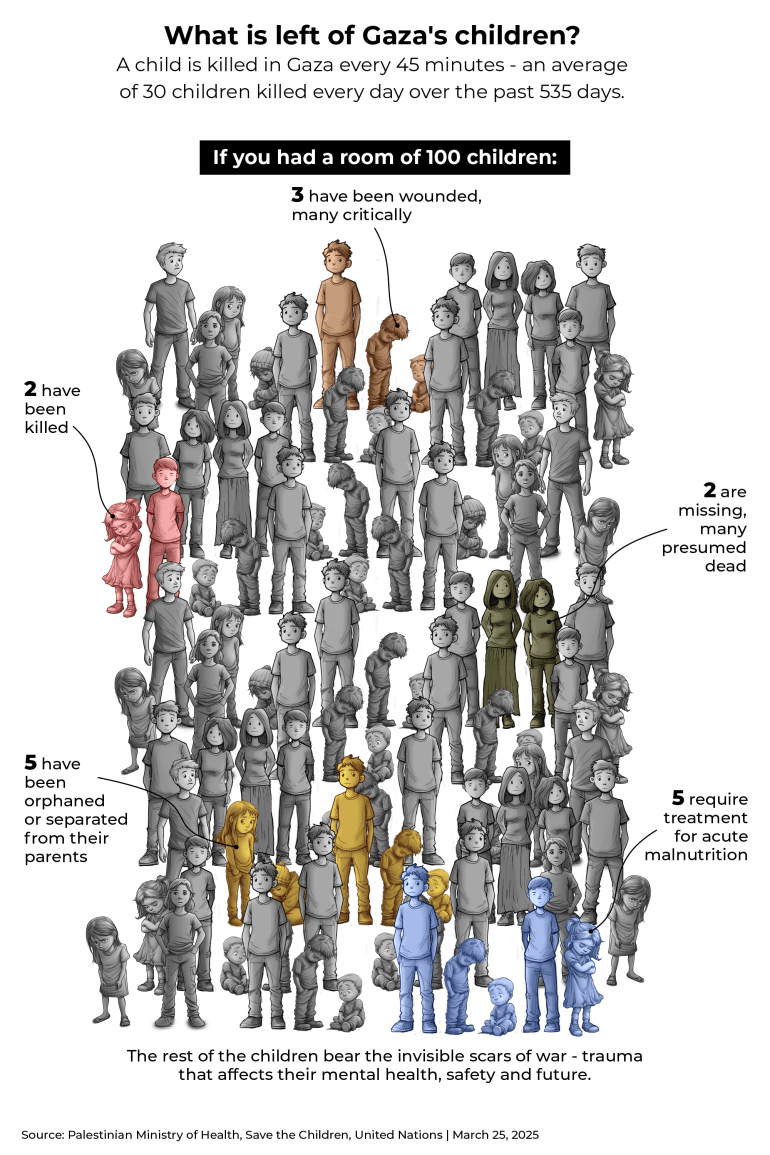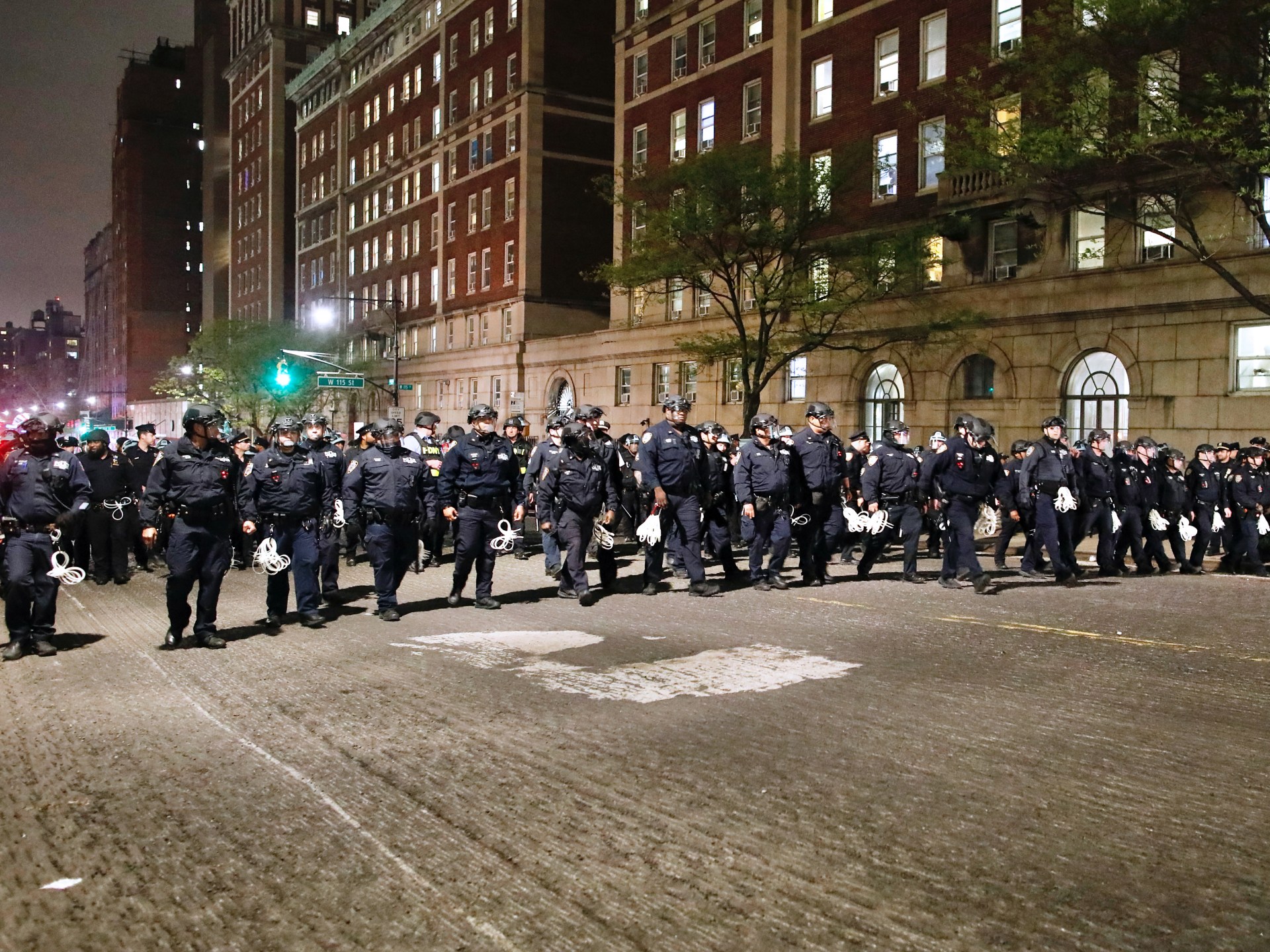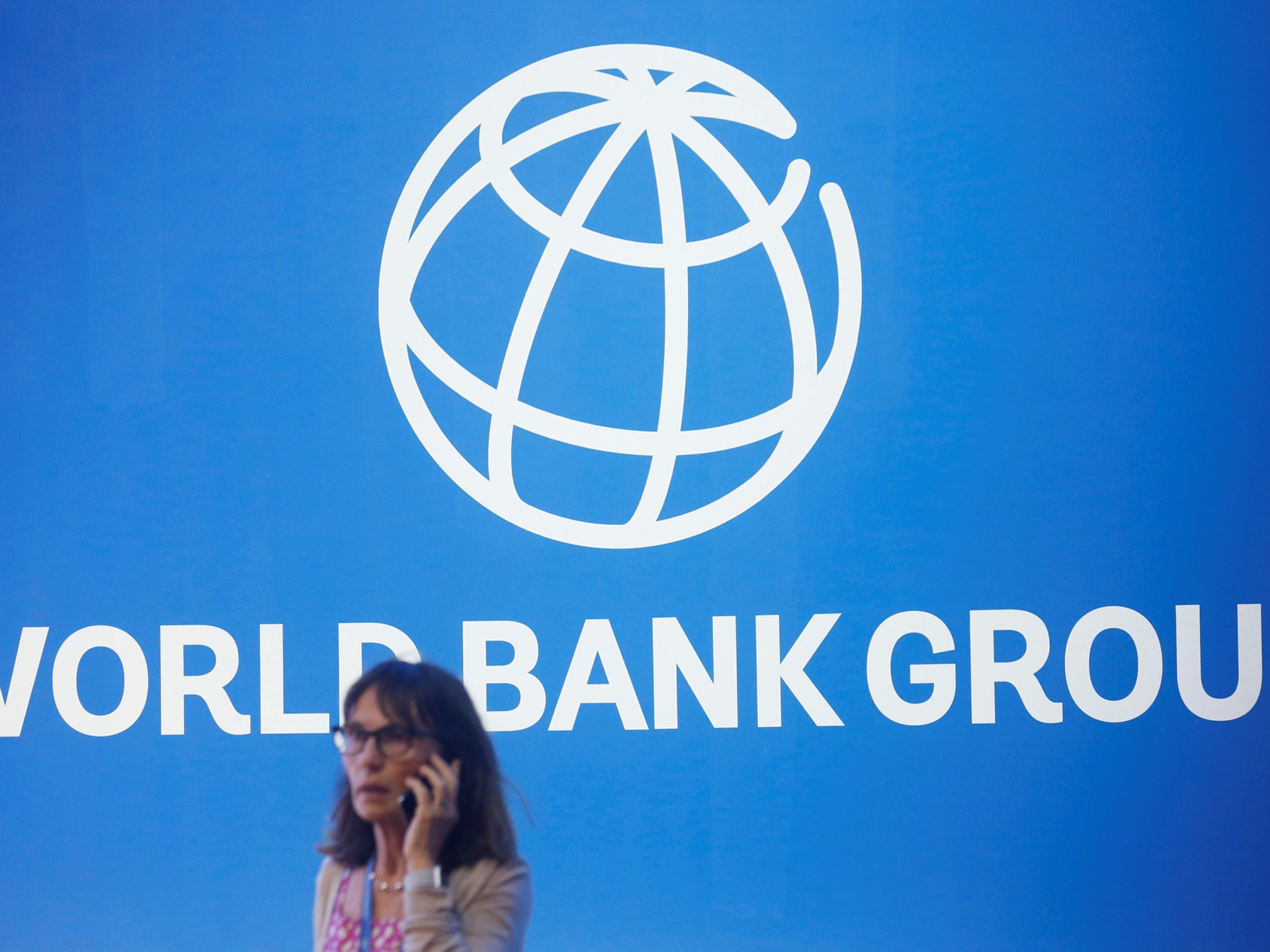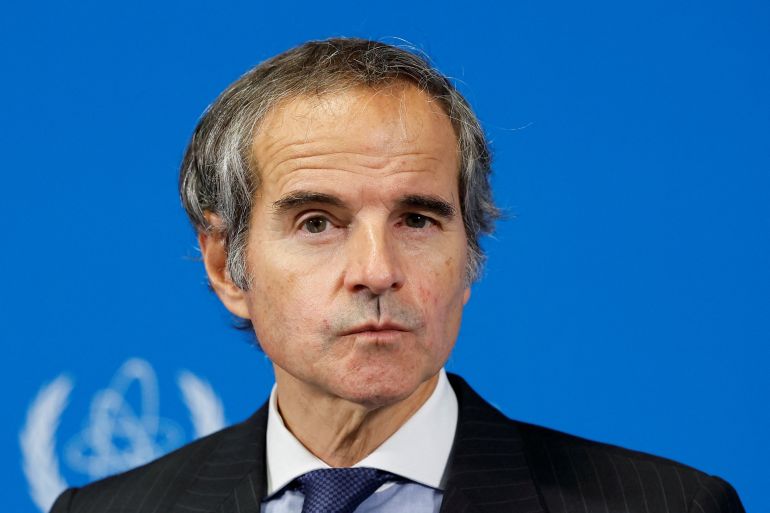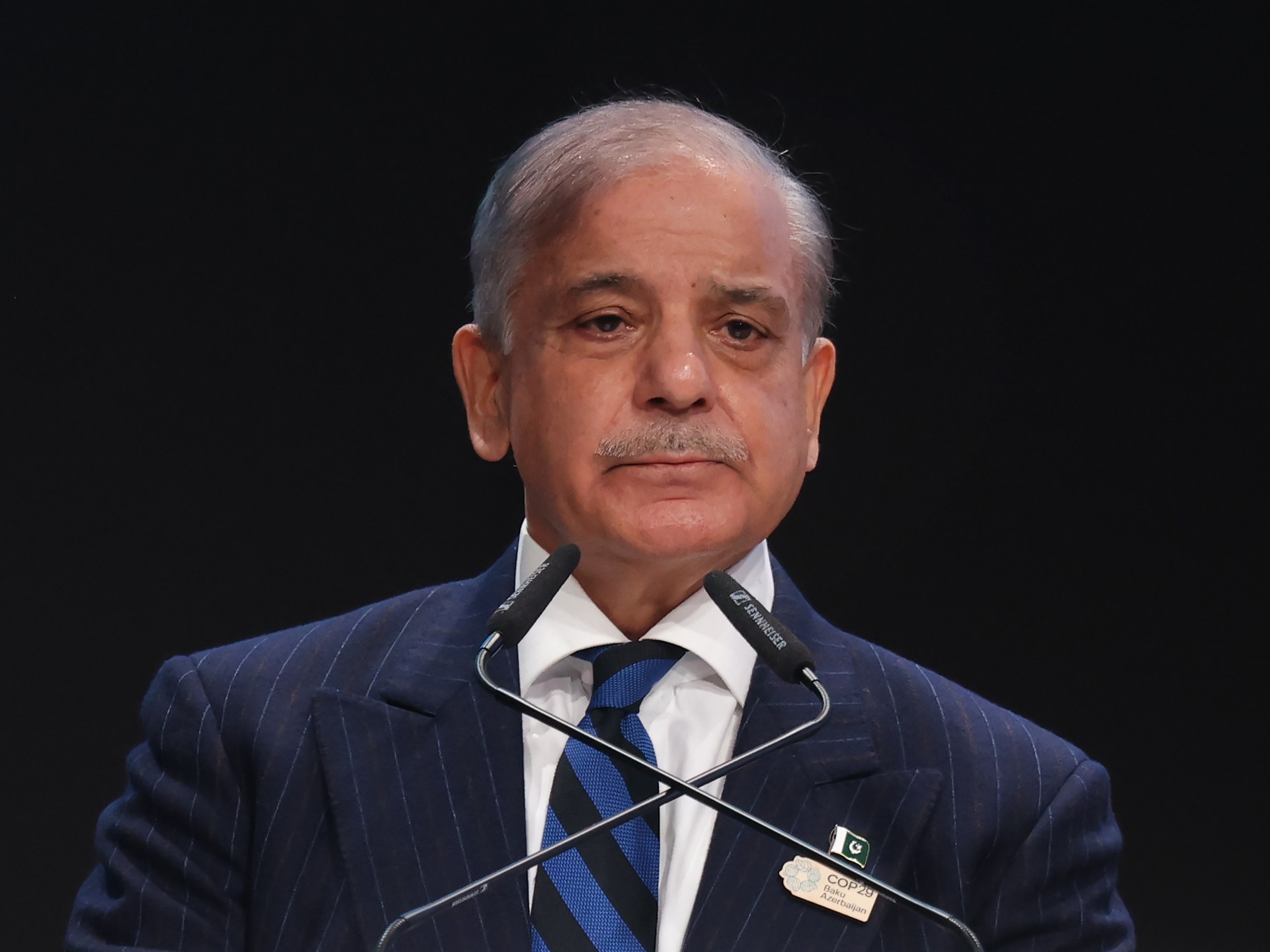Manchester City manager Pep Guardiola says the images of children being killed during Israel’s war on Gaza are “painful” and have left him “deeply troubled”.
The Spanish manager of the English Premier League club urged the world to speak up instead of choosing to stay silent “in the face of injustice” as he addressed an audience after receiving an honorary degree at the University of Manchester on Monday.
“It’s so painful what we see in Gaza. It hurts all my body,” Guardiola said.
“Maybe we think that when we see four-year-old boys and girls being killed by bombs or being killed at a hospital, which is not a hospital any more, it’s not our business. Yeah, fine, it’s not our business. But be careful – the next four- or five-year-old kids will be ours.”
Mentioning his three children – Maria, Marius and Valentina – Guardiola said that every morning “since the nightmare started” in Gaza, whenever he sees his two daughters and son he is reminded of the children in Gaza, which leaves him feeling “so scared”.
About half of Gaza’s 2.3 million residents are children.
Since October 7, 2023, Israel has killed at least 17,400 children, including 15,600 who have been identified, according to the Ministry of Health in Gaza. Many more remain buried under the rubble and are presumed dead.
Many of the surviving children have endured the trauma of multiple wars, and all of them have spent their lives under an oppressive Israeli blockade.
Over the past 20 months, Israeli attacks have left their homes in ruins, destroyed their schools, and overwhelmed their healthcare facilities.
‘Deeply troubled’ by wars
During his emotional speech, which has been widely shared on social media, Guardiola said the world remains silent in the face of injustice.
“We feel safer [staying silent] than speaking up,” he added.
“Maybe this image feels far away from where we are living now, and you might ask what we can do,” he added.
He then went on to narrate the story of a bird trying to put out a fire in a forest by repeatedly carrying water in its beak.
“In a world that often tells us we are too small to make a difference, that story reminds me the power of one is not about the scale – it’s about choice, about showing up, about refusing to be silent or still when it matters the most.”
The former Barcelona coach and player said the images out of Palestine, Sudan and Ukraine left him “deeply troubled”.
Guardiola, who has formerly voiced his support for the independence of his native Catalonia, lashed out at world leaders for their inability to stop the wars.
“We see the horrors of thousands and thousands of innocent children, mothers and fathers.
“Entire families suffering, starving and being killed and yet we are surrounded by leaderships in many fields, not just politicians, who don’t consider the inequality and injustice.”
An independent United Nations commission report released on Tuesday accused Israel of committing the crime against humanity of “extermination” by attacking Palestinian civilians sheltering in schools and religious sites in Gaza.
“While the destruction of cultural property, including educational facilities, was not in itself a genocidal act, evidence of such conduct may nevertheless infer genocidal intent to destroy a protected group,” the report said.
While the report focused on the impact on Gaza, the commission also reported significant consequences for the Palestinian education system in the occupied West Bank and East Jerusalem as a result of ramped-up Israeli military activity, harassment of students and settler attacks.
“Children in Gaza have lost their childhood. With no education available, they are forced to worry about survival amid attacks, uncertainty, starvation and subhuman living conditions,” the report added.
“What is particularly disturbing is the widespread nature of the targeting of educational facilities, which has extended well beyond Gaza, impacting all Palestinian children.”
“It’s so painful, what we see in Gaza … And let me be clear, this is not about ideology.”
Manchester City manager Pep Guardiola discusses his views on Israel’s war on Gaza, as well as how the images of children living through the war have affected him as a parent. pic.twitter.com/zwrlexAcxa
